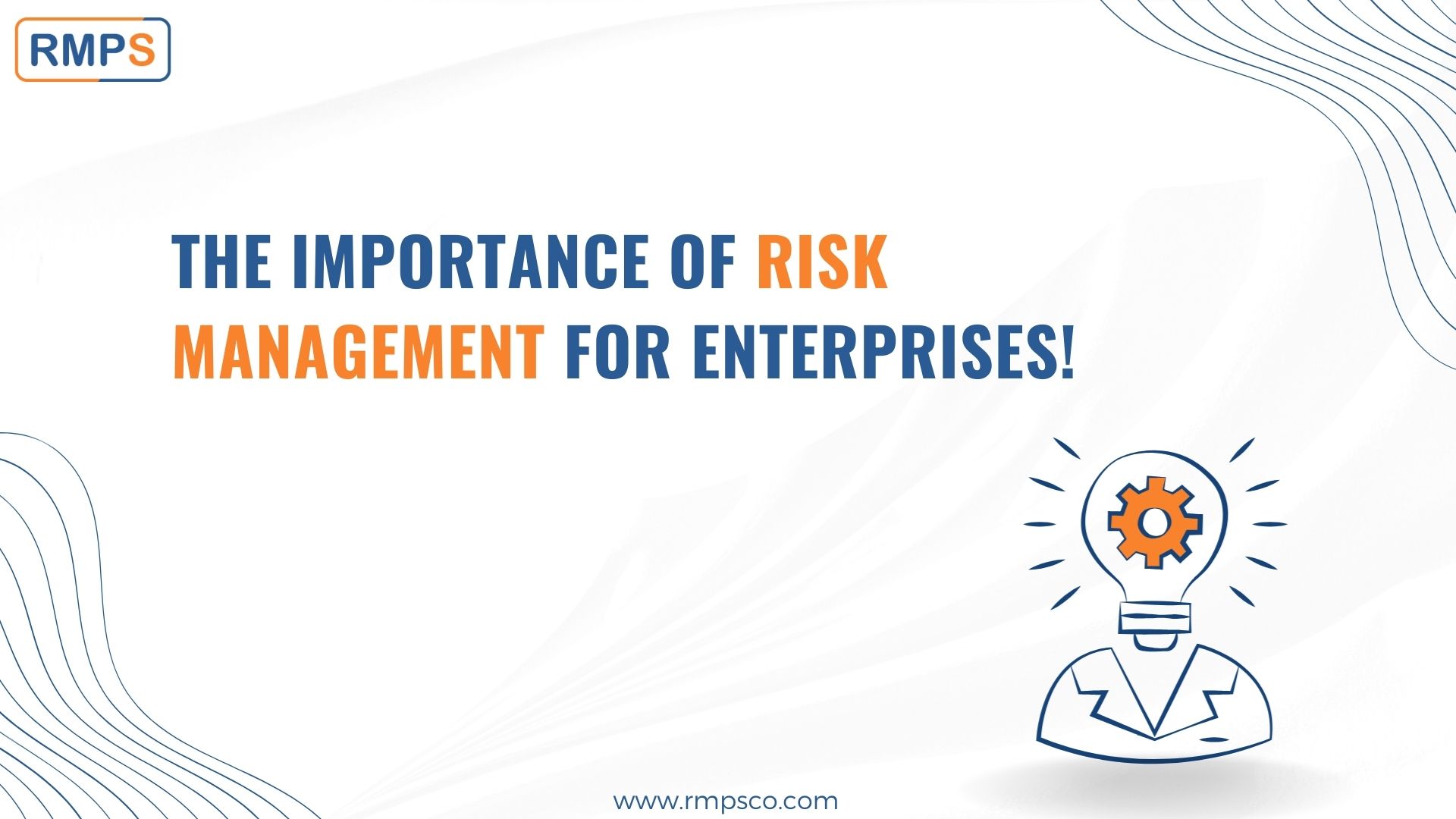The Significance of Understanding the Importance of Risk Management in Different Industries

The Core Concept of Risk Management and Its Objective
Risk Management, the cornerstone of many markets, hinges on the identification, evaluation, and reduction of unpredictabilities in an organization atmosphere. It is an important method that enables organizations to guard their possessions, reputation, and overall survival. By appropriately identifying prospective threats, services can create methods to either stop these dangers from taking place or decrease their impact. The assessment process includes evaluating the likelihood and potential intensity of these dangers. Once risks have actually been recognized and evaluated, the reduction procedure entails developing methods to lower their potential effect. This procedure is ongoing and cyclical, making certain that organizations are prepared for the ever-changing nature of Risk in different industries. The main objective, thus, is to cultivate durability amidst unpredictabilities.
Advantages of Carrying Out Risk Management in Company Procedures

Introducing the Role of Risk Management in Different Industries
While every market faces its unique set of threats, the implementation of Risk Management techniques remains an usual denominator in their pursuit of sustainability and growth. In the healthcare sector, Risk Management involves ensuring patient safety and data protection, while in finance, it involves mitigating investment threats and making sure regulatory conformity (importance of risk management). Construction business concentrate on employee safety, job delays, and spending plan overruns. In the modern technology sector, firms reduce cybersecurity hazards and innovation obsolescence. Inevitably, the duty of Risk Management throughout markets is to identify, analyze, and reduce threats. It is a vital part of tactical preparation, allowing companies to shield their assets, make best use of possibilities, and attain their purposes.
Real-life Study Showing Successful Risk Management
To understand the significance of Risk Management in these several fields, one can look to numerous real-life circumstances that highlight the successful application of these procedures. As an example, in the energy industry, British Oil created Risk mitigation intends post the 2010 Gulf of Mexico oil spill. They carried out much better safety treatments and more stringent policies which substantially decreased additional mishaps. In why not try here financing, Goldman Sachs effectively navigated the 2008 financial dilemma by recognizing possible mortgage-backed protections risks early. Toyota, upload the 2011 quake in Japan, revised its supply chain Management to reduce interruption risks. These instances demonstrate just how industries, picking up from dilemmas, effectively applied Risk Management techniques to lower future risks.
Future Patterns and Growths in Risk Management Strategies
Cybersecurity, as soon as an outer concern, has actually catapulted to the leading edge of Risk Management, with approaches concentrating on action, avoidance, and detection. The assimilation of ESG (Environmental, Social, Administration) aspects right into Risk Management is another growing trend, mirroring the boosting acknowledgment of the function that environmental and social dangers play in organization sustainability. Therefore, the future of Risk Management exists official website in the fusion of advanced modern technology, cutting-edge strategies, and an alternative approach.
Verdict
To conclude, recognizing the relevance of Risk Management throughout a spectrum of sectors is essential for their long life and prosperity. Customized approaches can assist alleviate potential risks, secure properties, and foster stakeholder trust. Furthermore, positive decision-making aids in regulative compliance and optimizes source usage. Inevitably, successful Risk Management contributes to a lot more lasting and resistant companies, highlighting the value of this technique in today's dynamic and very competitive service environment.
While every market faces its unique collection of threats, the execution of Risk Management strategies remains an usual denominator in their search of sustainability and development. In the medical care field, Risk Management entails making sure client security and data defense, while in financing, it includes mitigating financial investment risks and ensuring regulative compliance. Eventually, the function of Risk Management across industries is to determine, analyze, and alleviate risks. These cases show exactly how industries, finding out from crises, efficiently used Risk Management methods to useful content minimize future risks.

 Alicia Silverstone Then & Now!
Alicia Silverstone Then & Now! Michael Oliver Then & Now!
Michael Oliver Then & Now! Marques Houston Then & Now!
Marques Houston Then & Now! Tiffany Trump Then & Now!
Tiffany Trump Then & Now! Jane Carrey Then & Now!
Jane Carrey Then & Now!